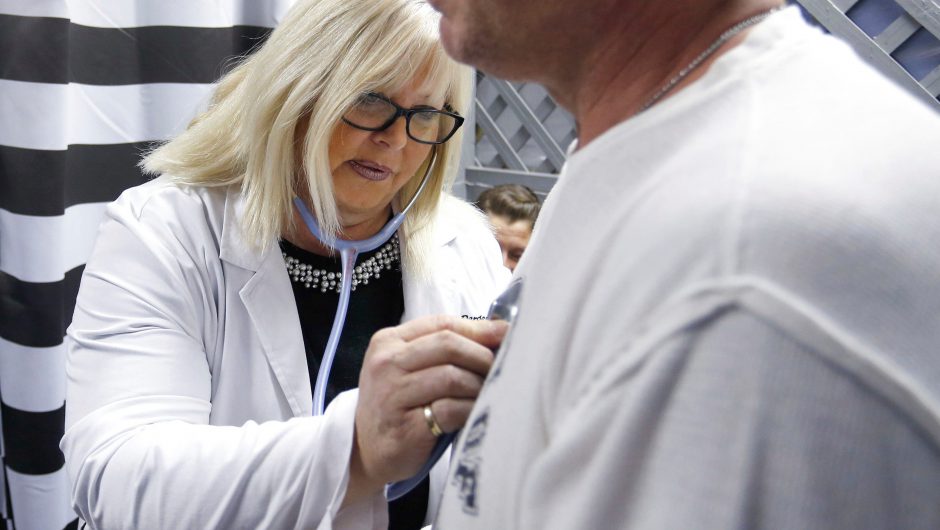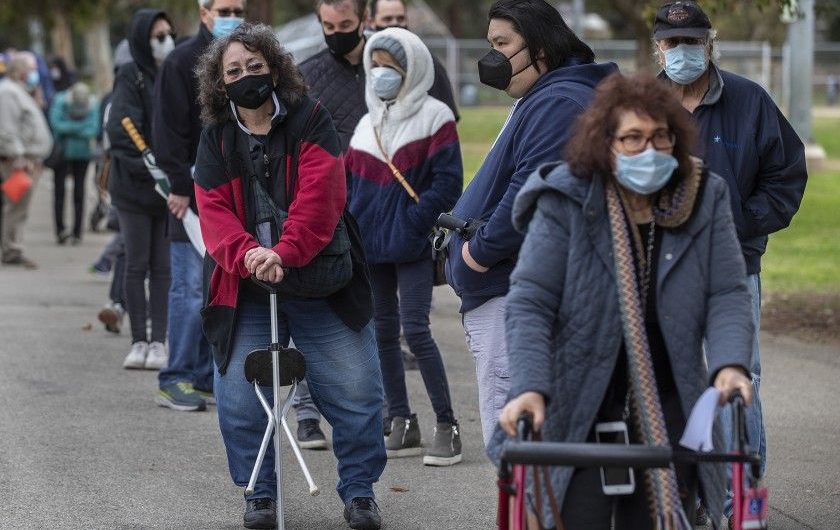[ad_1]
German scientists are working on a crappy way to detect new waves of the coronavirus – by testing human feces for remnants of the virus in the sewage system, according to a report.
The Helmholtz Center for Environmental Research is conducting a trial that’s sampling sewage from plants serving some of the biggest urban areas in efforts to detect evidence of the bug, CNN reported.
Sewage plants would detect spiking concentrations of the virus, allowing health authorities to take quick action in target testing the area in question.
“It would be the first test line,” microbiologist Hauke Harms, one of the leaders of the study told CNN.
“You would start with our measurement and then you would know where to go to look for the reasons.
Normally it is a hospital, or I don’t know, a factory where you have an outbreak. And then one would have to test the people,” he said.
The ultimate goal is for almost all sewage plants to install such early-warning systems to track the spread of the deadly disease, according to the report.
Sewage plants around the eastern city of Leipzig are among those taking part in the study.
“If it would be possible to have an idea of the concentration of coronavirus in the wastewater, we can calculate the number of infected people in Leipzig and this would be very interesting in the coronavirus strategies,” Ulrich Meyer, technical director of Leipzig’s waterworks, told CNN.
Helmholtz researchers acknowledge that finding a tiny amount of genetic material from the virus in sewage is no small task.
“We have a high, high volume of wastewaters and it is a challenge to find the traces of the virus in the wastewaters,” Rene Kallies, a virologist working on the research, told the network. “So we have liters and we have to scale it down to microliters to get a sufficient amount for RNA extraction and that’s the challenge.”
The low number of new infections in Germany also poses a challenge because a single infected person could skew test results.
“You may have heard about these super spreaders and there are also super excreters, for instance,” Harms said. “People who excrete much more virus than others and of course this gives you a wrong idea about the number of infected people.”
German scientists are not the only ones working to try and use sewage as an alarm system.
In February, researchers at the Dutch KWR Water Research Institute found the virus in six sewage plants in the country.
The institute said it has developed a method to monitor the presence of the virus in sewage, CNN reported.
“Whereas the testing of individuals requires individual tests, testing in sewage can give an early indication of the contamination within a whole population,” KWR said on its website.
The German researchers acknowledge there are still kinks to work out, although they say they are confident the system will be operational in the latter half of 2020.
“I think we can offer something before the next wave. So if the next wave is coming in fall or early winter or so, then we should have something,” Harms said.
[ad_2]
Source link








